
- Home
- About Us
- Sustainability
- Investors
- News
- People & Culture
-
Regions
Accra, Ghana, June 22, 2025 – Demonstrating its commitment to advancing Africa’s development, MTN Group supported the 2025 Economic Governance School training for public officials from Ghana, South Africa and Kenya held in Accra last week.
The initiative, the result of collaboration between South Africa’s National School of Government (NSG), the Kenya School of Government (KSG) and the Ghana Institute of Management and Public Administration (GIMPA), is designed to strengthen senior leadership in the public sector and promote inclusive economic governance across the continent. It brings together legislatures, politicians and senior officials from all levels of the public service for a week of peer learning, policy dialogue and institutional exchange. Consequently, the delegation took time to visit the African Continental Free Trade Area (AfCFTA) Secretariat, which is charged with coordinating the creation of a single continental market for goods and services across Africa.
“As a pan-African business, we understand that Africa’s growth depends not only on investment in infrastructure, but also in people and institutions,” said Nompilo Morafo, MTN Group Chief Sustainability and Corporate Affairs Officer.
Since the training took place during MTN Group’s flagship 21 Days of Y’ello Care, the delegation also visited the MTN Ghana supported Opportunities Industrialisation Centre (OICG), which provides vocational, digital and entrepreneurial skills training for young people to enable them to earn a decent and dignified living.
“At MTN, we believe that everyone deserves the benefits of a modern connected life; therefore, in our view, education, training and strong institutions form the foundation for sustained progress. Also, when civil servants, policymakers and administrators are equipped with high-quality training, their collective decisions shape a more equitable, innovative and resilient future for their nations.”
MTN’s involvement reflects its broader approach to driving Africa’s progress through investment in leadership and institutional capacity. In addition to sponsoring the NSG, KSG and GIMPA programme, the Group contributed to the discourse, with senior executives participating in sessions focused on telecommunications, digital transformation, artificial intelligence and infrastructure financing.
MTN Ghana CEO Stephen Blewett and CIO Bernard Acquah joined Morafo in engaging on panels that explored the intersection of technology and governance. Discussions focused on the digital transformation of public services and the role of AI and infrastructure investment in supporting state capacity and economic inclusion.
South Africa’s Deputy Minister of Public Service and Administration Ms. Pinky Kekana, described the initiative as a valuable platform for engagement on governance challenges, saying: “The Economic Governance School offers a unique platform for elected and appointed public leaders to engage in critical analysis and reflective dialogue on the complex challenges confronting governance.”
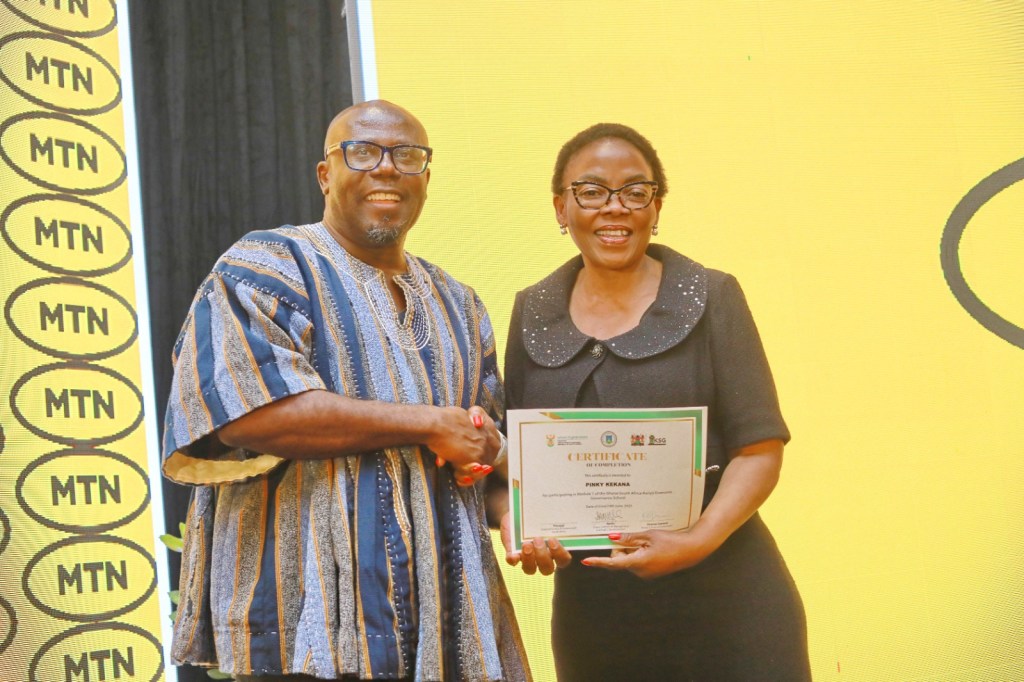
Director of GIMPA, Prof. Samuel Kwadwo Bonsu, welcomed MTN’s contribution and the cross-sector collaboration underpinning the programme: “We are proud as GIMPA to serve, not only as a centre of learning but as a convening ground for critical reflection and collaboration.”

Connectivity is more than technology; it’s about opportunity, making digital inclusion a critical catalyst for the continent’s socioeconomic growth.
When people ask what progress looks like, I typically point to a classroom in rural Uganda that has digital access for the first time. Or to an entrepreneur in Cameroon using MTN’s mobile money platform, MoMo, to run her business. Or a solar-powered site in Ghana, connecting people in places that have no hard infrastructure.
For us at MTN, this is our work. It’s how we live our purpose: enabling the benefits of a modern connected life for everyone across our markets.
It is the framework that guides how we invest, partner, innovate, and govern our business. In 2024, we invested nearly R30bn in infrastructure and technology and paid income taxes of more than R10bn. These contributions matter. But it’s what they enable — such as jobs and opportunities — that defines us.
In 2024, we powered digital connectivity for 291-million people, including internet access for 158-million users and financial services for 63-million through MoMo.
About 93% of the population in our markets — or 500-million people — are now covered by our broadband network. We facilitated digital literacy for 22-million people, promoting meaningful participation in the digital economy. Through our GSM network and MoMo businesses, we supported 3.5-million indirect jobs.
Since its inception in 2007, our group-wide employee volunteerism programme — 21 Days of Y’ello Care — sees MTNers roll up their sleeves to improve the lives of their communities. Over the years, we have impacted hundreds of thousands of people. The campaign is testament to the power of collective action, reminding us that even small acts of kindness can create a ripple effect of change.
Progress is never a solo effort. It requires collaboration across public and private sectors, across borders and disciplines. Whether it’s partnering with governments to expand coverage, working with innovators to extend digital finance, or engaging civil society to deepen inclusion, we know the best results come when we listen and co-create.
Keeping consumer experiences safe is part of the responsibility we carry. We know that trust is earned and we remain focused on building resilience, protecting digital human rights, and responding transparently when challenges arise. We carry this responsibility with humility and determination. And it’s the lens through which we will continue to serve and invest.
Amid the current significant geopolitical shifts and technological developments, it’s clear that Africa needs to chart and champion its own growth and progress. If it doesn’t, there is a real risk that the continent gets left behind. Embracing technologies such as 5G, non-terrestrial networks and generative AI will be key drivers of future progress and socioeconomic development.
At MTN, we believe that there are some foundational policy positions that will be critical for technology to meaningfully drive more inclusive growth. These include:
These foundational policy positions, consistently adopted across the continent, have the power to drive structural growth of the digital economy of Africa, and realise the continent’s full potential as we look to achieve the goals of the AU Agenda 2063 and beyond.
By Ralph Mupita, MTN Group President & CEO
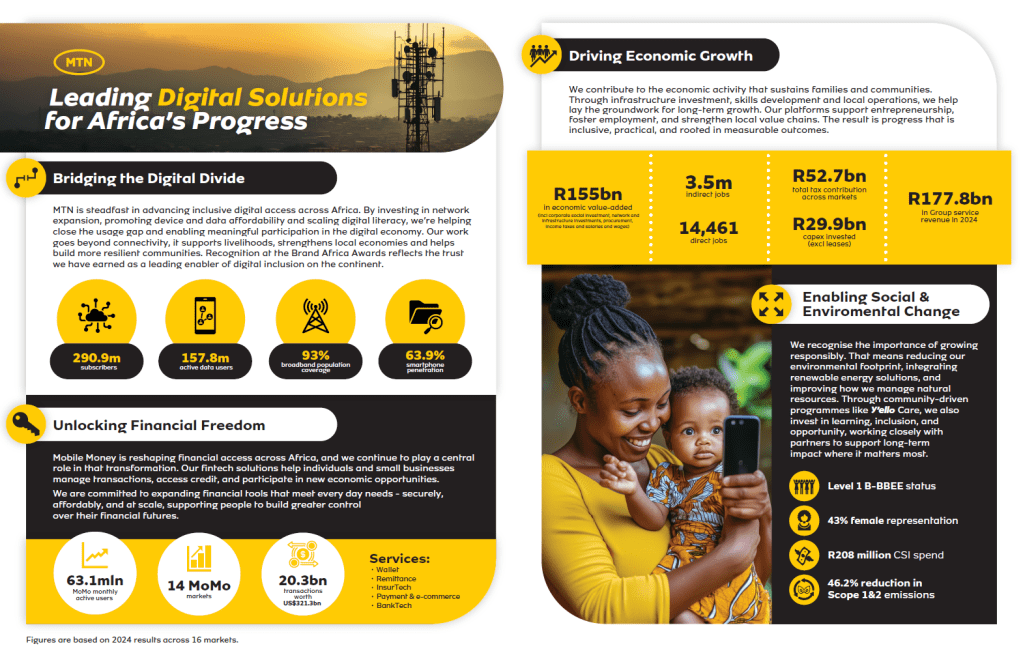
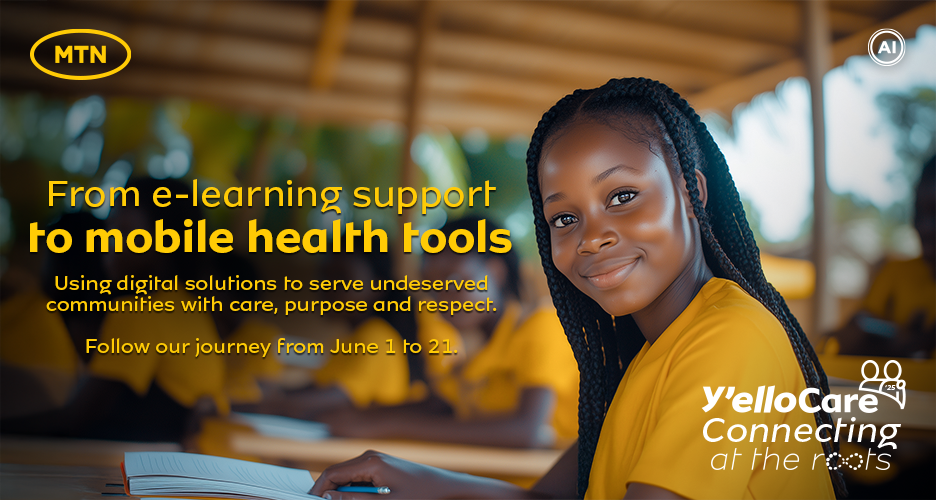
MTN Group is pleased to announce the 2025 edition of 21 Days of Y’ello Care, our highly anticipated flagship employee volunteerism campaign, taking place from 1-21 June 2025.
Now in its 18th year, Y’ello Care continues to demonstrate the power of employee-led action to drive meaningful change across the communities we serve. Since its inception, the campaign has mobilised thousands of MTN employees to support impactful initiatives focused on education, health, youth development, and economic empowerment.
Each year, the campaign evolves to reflect the most pressing needs of society, while remaining grounded in our commitment to enable the benefits of a modern connected life for everyone. Over the past 6 years, we have reached the lives of 107,034 people across our communities through the impact of 14,376 MTN volunteers completing 56,306 cumulative hours of community engagement.
This year’s theme, “Connecting at the Roots – Connecting communities through the use of digital tools,” responds to the ongoing challenge of digital exclusion, particularly in rural, remote, and underserved areas. Across many parts of Africa, limited connectivity continues to constrain access to education, healthcare, financial services, and economic opportunity. Women, youth, persons with disabilities, and displaced populations are disproportionately affected.
Y’ello Care 2025 will see MTNers across our markets implement practical, community-led initiatives that leverage technology to unlock connectivity to bridge these gaps.
“Y’ello Care reflects our belief that real progress begins at the grassroots level. In 2025, we are focusing our efforts on the communities that remain on the margins of digital access and connectivity. By applying technology in ways that are practical, inclusive, and sustainable, we are working to ensure that no one is left behind,” said Nompilo Morafo, MTN Group Chief Sustainability and Corporate Affairs Officer. “Our people remain the driving force behind this campaign, and their continued commitment to serving with purpose is what makes Y’ello Care a true embodiment of MTN’s values.”
In line with MTN’s values, the campaign prioritises meaningful partnerships, responsible delivery, and inclusive engagement. Through trusted collaborations with community stakeholders, we aim to develop practical solutions that are responsive to local contexts, respectful of community aspirations, and inclusive of those most often excluded from digital progress.
Through Y’ello Care, MTN reaffirms its belief in the transformative power of technology and in the ability of our people to be agents of positive change. We look forward to working together with communities and partners to deliver meaningful, sustainable impact where it is needed most.
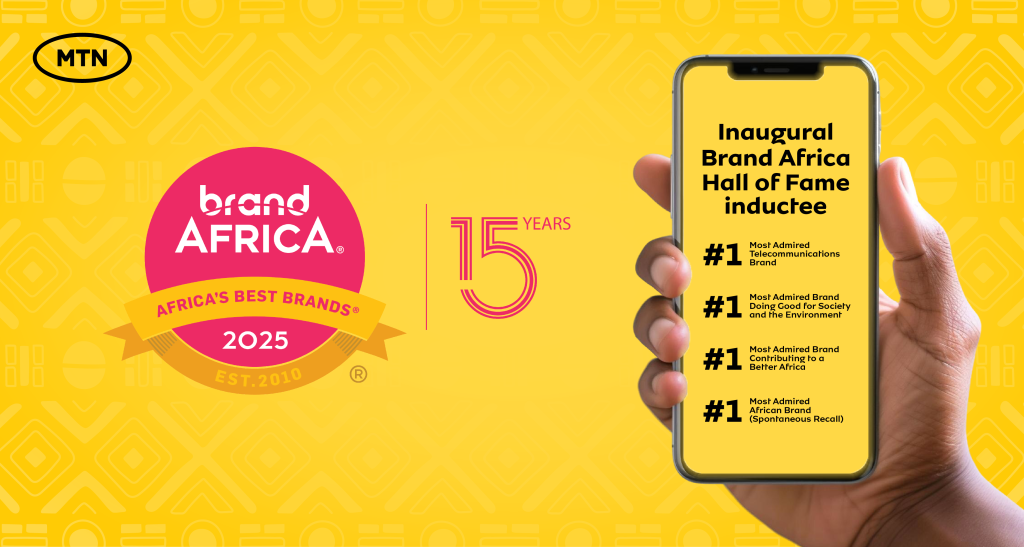
MTN Group has been inducted into the inaugural Brand Africa Hall of Fame “in recognition of its transformational impact on African consumers and its role in shaping a positive African narrative”. MTN was also recognised as the #1 Most Admired African Brand Contributing to a Better Africa; the #1 Most Admired African Brand (spontaneous recall); the #1 Most Admired Brand Doing Good for Society and the Environment; and #1 Most Admired Telecommunications Brand.
The Hall of Fame honour, introduced this year by Brand Africa, acknowledges brands that have demonstrated sustained excellence and influence on the continent over the past decade. MTN’s induction reflects its ongoing commitment to enabling digital access, expanding financial inclusion, and contributing meaningfully to Africa’s development.
The announcement was made alongside the release of the 2025 edition of the Brand Africa 100 rankings – an annual, independently conducted survey spanning more than 30 African countries and representing more than 85% of the continent’s population and GDP.
“It is an honour to be inducted into the Brand Africa Hall of Fame and to be named the most admired African brand contributing to a better Africa, the most admired African brand by spontaneous recall, as well as the brand most admired for doing good for society and the environment,” said Ralph Mupita, MTN Group President and CEO.
“That this recognition comes during Africa Month gives it added significance. It reflects the progress we continue to make as a continent and the role trusted brands must play in advancing inclusive, digitally enabled growth. We are grateful for the confidence placed in MTN by the people we serve and remain committed to delivering meaningful impact.”
Mupita also acknowledged the collective effort behind the brand’s success, thanking MTNers, partners, and other stakeholders across the continent for their role in making this recognition possible.
MTN operates mobile networks in 16 countries. Since 2021, the company has been guided by its Ambition 2025 strategic intent of Leading digital solutions for Africa’s progress. This underscores MTN’s commitment to driving digital and financial inclusion and fostering innovation across the continent.
Further validating its brand leadership, MTN was recently ranked once again as South Africa’s most valuable brand. The accolade was made in the 2025 Brand Finance Top 100 Report, which accorded MTN a brand valuation of R50.7 billion. MTN has held this position every year since the survey’s inception in 2012.
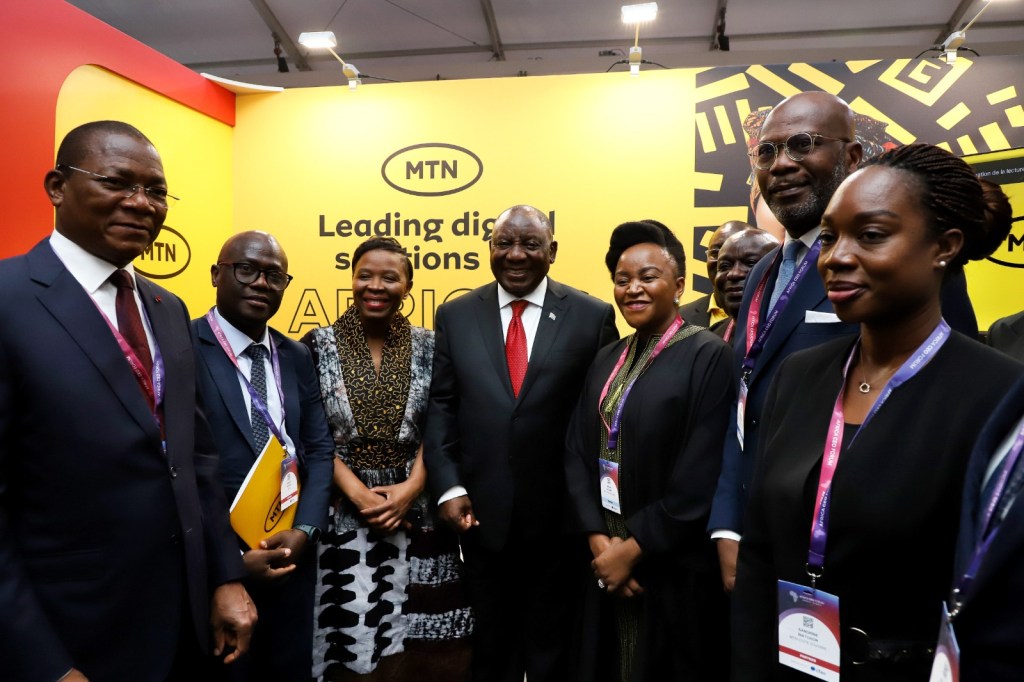
As part of our work to deepen stakeholder relations and partnerships for Africa’s progress, MTN Group is a platinum sponsor of the Africa CEO Forum, which brings together the continent’s most influential decision-makers for two days of meetings on the private sector’s key role in accelerating Africa’s development.
The 12th edition of the annual summit is taking place in Abidjan on 12–13 May 2025. Some 2 000 business leaders, investors and policy makers are in attendance to shape practical strategies to expedite Africa’s economic transformation.
The theme for 2025 is ‘Africa in a transactional world: Can a new deal between state and private sector deliver the continent a winning hand?’. It recognises the need for governments to strike a new deal with the African private sector, anchored on three pillars: an improvement of governance and accountability; targeted public policies to address Africa’s structural challenges; and the accelerated implementation of the African Continent Free Trade Agreement (AfCFTA).
“At part of our shared value priority to support Africa’s progress, we at MTN seek to align with the priorities of our continent and nation states and to actively engage governments and regulators to help shape industry dynamics,” said MTN Group Chief Sustainability and Corporate Affairs Officer Nompilo Morafo.
“MTN’s participation at the Africa CEO Forum reflects our nation states programme and our commitment to work together to enable inclusive growth,” she added, noting that escalating tensions in world geopolitics present headwinds to Africa’s budding economic recovery. “We believe the continent’s sustainable progress will come from trusted partnerships, coherent policy environments and shared investment in the systems that power Africa’s digital and economic future.”
As part of the Forum programme, MTN Group Senior Vice President: Markets, Ebenezer Asante, is participating in a panel discussion exploring tax policy and resource mobilisation. The session focuses on how public and private sector stakeholders can consult and collaborate to ensure fiscal environments that support both domestic priorities and the stability required for sustained investment.
MTN Côte d’Ivoire CEO Mitwa NG’ambi is contributing to a strategic roundtable on Africa’s digital transformation. This is looking at strategies to enhance network resilience and accelerate infrastructure deployment – particularly in underserved areas – and the role of policymakers in fostering an investment-friendly environment that accelerates digital transformation.
MTN Group’s sponsorship and participation at the Africa CEO Forum underscore our commitment to building a more connected, inclusive and prosperous Africa.
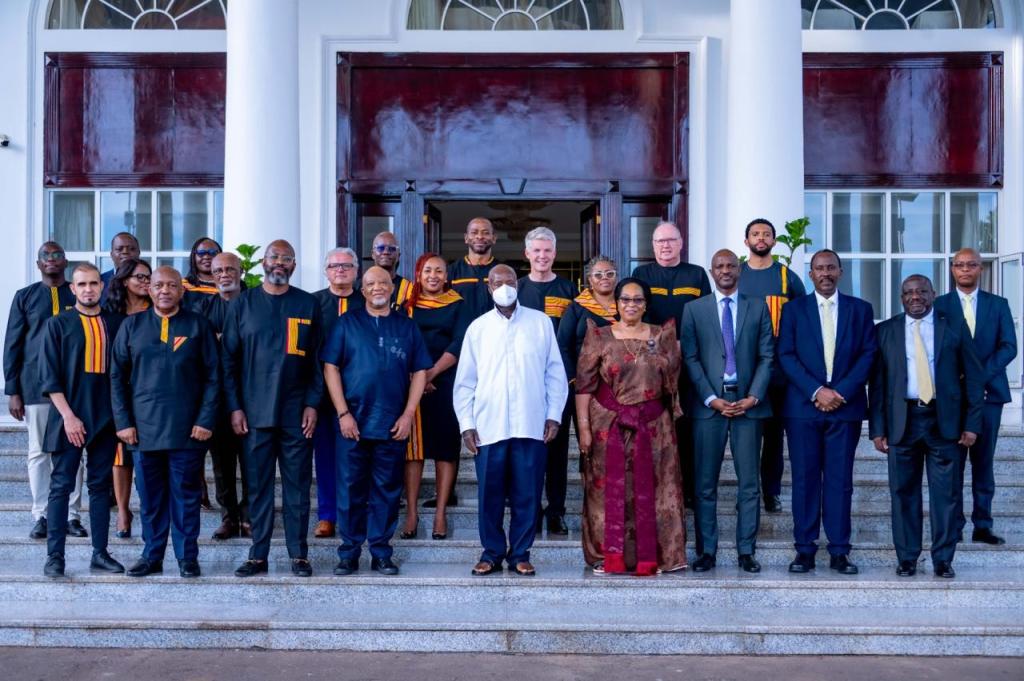
MTN Group this week convened its annual Chairmen’s Forum in Uganda, bringing together Board Chairs from its operating companies and senior executives from across the business. Held in Kampala, the Forum serves as a key leadership platform to reflect on strategic progress, strengthen alignment, and advance the Group’s ambition to lead digital solutions for Africa’s progress.
On the sidelines of the Forum, the MTN Group delegation, led by Group Chairman Mcebisi Jonas and Group President and Chief Executive Officer Ralph Mupita, engaged with national leaders and key stakeholders to reinforce the Group’s long-standing commitment to Uganda as a strategic market.
These engagements included a high-level meeting with His Excellency President Yoweri Kaguta Museveni at State House, Entebbe, as well as a stakeholder dinner hosted by MTN, attended by senior government officials.
During the State House meeting, President Museveni welcomed MTN’s continued investment and emphasised the importance of targeting sectors that generate employment and expand the economy. “If people have jobs and incomes, they will buy more phones and use them more,” he said. “That’s why we must invest in the four key sectors of wealth and job creation: commercial agriculture, manufacturing, services, and ICT.” He further encouraged MTN to explore cross-border investment as a means of promoting regional integration and intra-African trade.
Uganda holds a distinct place in MTN’s history as the first country outside South Africa where the Group secured a telecommunications licence. Granted in 1998, this licence marked the beginning of MTN’s international expansion, laying the foundation for what would become one of Africa’s leading digital infrastructure and platform businesses. Today, MTN Uganda stands as one of the Group’s most important markets, commercially and developmentally.
Mcebisi Jonas, MTN Group Chairman, expressed appreciation for the long-standing collaboration between MTN and the Government of Uganda. “We just came today to say thank you very much for the support you have always given us. We have had excellent collaboration from the regulators, and MTN is not here for the short term—we are here for the long haul,” he said. He also emphasised MTN’s interest in strengthening trade and business linkages between Uganda and South Africa, and highlighted the Group’s broader capacity to support national development. “We believe there is real opportunity to help Ugandan businesses enter the South African market, and that is something we can explore further.”
As MTN Group continues to drive the acceleration of Africa’s digital future, Uganda remains a key partner, demonstrating the enduring value of early investment, collaborative nation-building, and a shared commitment to inclusive and sustainable progress.
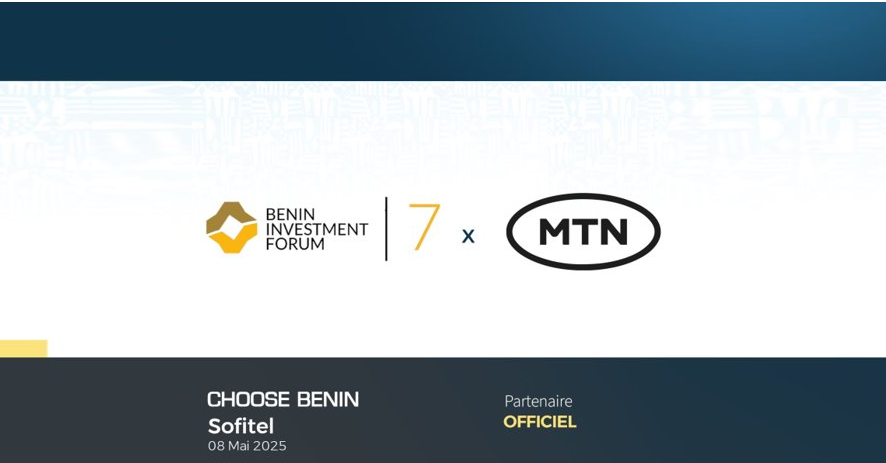
The 7th edition of the Benin Investment Forum (BIF) will take place from 8 to 9 May 2025 at the Sofitel Hotel in Cotonou, bringing together leaders from government, business, and civil society to foster economic cooperation, attract foreign direct investment, and promote inclusive development. Organised by the Government of Benin through the Investment and Export Promotion Agency (APIEX) and the Benin Chamber of Commerce and Industry, the Forum comes at a crucial moment in Benin’s development, underpinned by structural reforms and macroeconomic stability.
MTN Group proudly joins the Forum as the Platinum and Headline Sponsor. This strategic partnership follows MTN Group President and CEO, Ralph Mupita’s market visit to Benin in January 2024, where the company reaffirmed its longstanding commitment to the country’s development as a trusted partner. MTN’s participation at BIF 2025 will be led by Senior Vice President Markets Ebenezer Asante, who will deliver a keynote address at the Opening Ceremony on the topic “MTN: Partner in Africa’s Development.” He will be joined by MTN Benin CEO Uche Ofodile and MTN Group Chief Sustainability and Corporate Affairs Officer Nompilo Morafo, both of whom will participate in high-level discussions on finance, the future of technology, and women’s leadership in business.
MTN will also take the lead in hosting the exclusive MTN Investment Night, a high-level networking engagement aimed at facilitating meaningful dialogue among investors, policymakers, and senior business leaders. As part of its broader contribution to the Forum, MTN will collaborate with the Benin Ministry of Trade and Commerce to evaluate start-up pitches, spotlighting innovative solutions from emerging entrepreneurs. Additionally, the Group will deliver an inspirational leadership masterclass, curated to inspire and equip the next generation of African business leaders with insights drawn from MTN’s journey of growth and transformation across the continent.
Having operated in Benin for more than 25 years, MTN has made significant contributions to the country’s digital infrastructure, financial inclusion, and social development. The Group has committed over $215 million in new investments through 2026, including the rollout of 5G services, expansion of fibre connectivity, and the construction of a new MTN Benin headquarters. MTN’s impact also extends into health, education, and entrepreneurship through the work of the MTN Foundation, reinforcing its belief that digital access is key to unlocking national and regional progress.”
Commenting on MTN’s commitment to the Benin Investment Forum and the country, Ebenezer Asante, MTN Group Senior Vice President, Markets stated: “Our presence at the Benin Investment Forum reflects more than sponsorship, it’s a reflection of our unwavering belief in Benin’s potential and our shared journey toward inclusive digital transformation. Through strategic partnerships rooted in national development goals, MTN is proud to be a catalyst for progress, investment, and innovation in Benin and across the continent.”
MTN’s participation in the Benin Investment Forum 2025 exemplifies the company’s belief that inclusive, resilient growth must be rooted in strategic collaboration between the public and private sectors. As a partner of choice to African governments, MTN continues to play a leading role in building the infrastructure, capabilities, and ecosystems required for nations to thrive in a digital world. Through its involvement in BIF 2025, MTN reaffirms its commitment to Benin’s development journey and to advancing Africa’s digital and economic integration.

MTN Group announces the release of our annual reports for 2024. Produced under the theme of ‘Accelerating Africa’s digital future’, the suite of reports provides a thorough overview of our robust underlying performance, strategic delivery and contribution to society, as well as our priorities ahead.
“Committed to operating responsibly and ethically, in 2024 MTN remained focused on executing on our strategic intent of leading digital solutions for Africa’s progress, despite the global uncertainties,” said MTN Group President and CEO Ralph Mupita.
“We couldn’t have done this without the support of our many diverse stakeholders. We invite you to read our reports, which strive to provide meaningful information tailored for various specific audiences.”
The 2024 Integrated Report tells the overall MTN value-creation story, detailing our strategic achievements and initiatives, including our operational highlights, financial performance and progress on ESG. It explains how MTN leverages our brand, broad presence and skills as well as leading connectivity business, fintech offerings and digital infrastructure to expand digital and financial inclusion across Africa. This is done while mitigating risks and making the most of opportunities in our 16 markets.
This information, which reflects integrated thinking at the Group, endeavours to assist our investors and other stakeholders to understand the Group’s overall health and future focus. It is published alongside sustainability and financial reports as well as other important information for our shareholders.
ESG remains at the core of our strategy and is aligned with our work to advance the United Nations Sustainable Development Goals through our business activities and our support of governments, communities and customers. Our Sustainability Report provides a view of the Group around sustainability-related risks and opportunities that could reasonably be expected to affect MTN’s prospects.
As stewards of the digital age, we believe that safeguarding human rights is at the core of connectivity. In a year of numerous elections across the world, our Transparency Report outlines how MTN reinforced digital rights in 2024 by ensuring secure, uninterrupted connectivity to support free and fair democratic processes.
It also spells out how the rapid expansion of AI presents new ethical risks, prompting MTN to develop a Responsible AI Policy to uphold digital rights and data privacy.
In 2024, Africa faced intensifying climate risks, making sustainability and resilience essential to MTN’s strategy, regardless of changes in countries’ and companies’ adherence to climate policies. Our Climate Report highlights how we are actively addressing both mitigation and adaptation while leveraging emerging opportunities. In the year, we surpassed our emissions reduction target, cutting emissions by more than 46% off a 2021 baseline.
Our Tax Report underscores the role we play in supporting the socioeconomic development of our host nations. In 2024, MTN’s total tax contribution was R52.7 billion, made up of corporate taxes, indirect taxes, withholding taxes, payroll taxes, operating licence fees and other payments to government authorities.
The suite of annual reports also includes a Notice of Annual General Meeting, which invites our shareholders to participate in our virtual meeting on Thursday 29 May 2025. Our Remuneration Report provides transparent disclosure of the remuneration of our leadership based on performance against strategic priorities.
Our ESG Data Booklet is a handy resource for those interested in detailed disclosures relating to MTN’s planet, people, ethics and governance matters. As well as relevant statistics, it highlights our policy and position statements on various ESG issues as well as a comprehensive GRI disclosure index.
“Our prospects and investment case are underpinned by the structural demand we see in data and fintech,” said Mupita. “As a business, we remain resolute in our commitment to accelerating Africa’s digital future and will maintain the focus on operational excellence and strategic execution to capture the exciting growth opportunities in our footprint. We thank our stakeholders for their ongoing support.”
Click HERE to view the reports
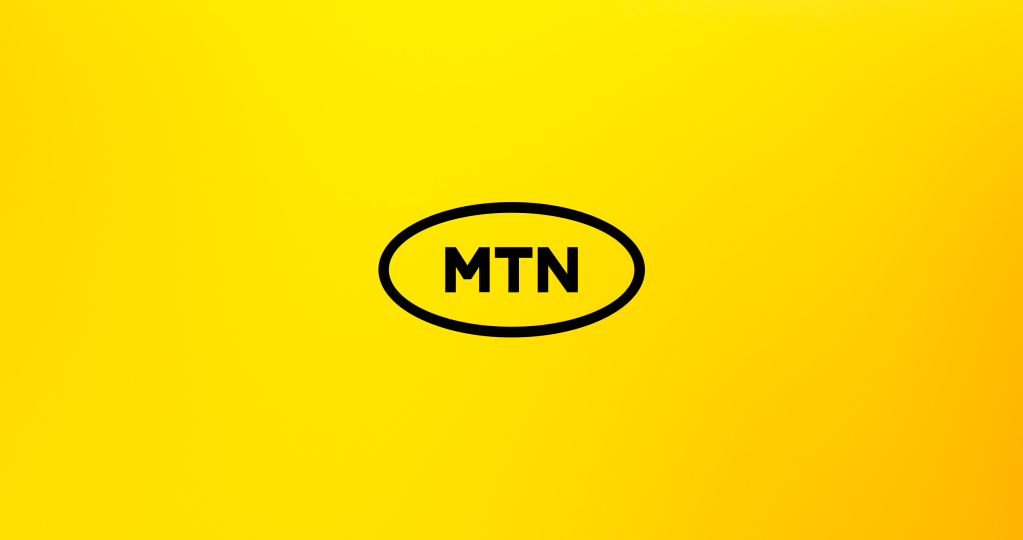
No evidence of compromise to any of our critical infrastructure, core MTN platforms or services
MTN Group would like to inform stakeholders that it has experienced a cybersecurity incident that resulted in unauthorised access to personal information of some MTN customers in certain markets. Our core network, billing systems and financial services infrastructure remain secure and fully operational.
An unknown third-party has claimed to have accessed data linked to parts of our systems. At this stage we do not have any information to suggest that customers’ accounts and wallets have been directly compromised.
The Group immediately activated its cybersecurity response processes including informing the South African Police Service (SAPS) and the Hawks in South Africa.
We also informed the relevant country authorities and will continue to update them on an ongoing basis while working closely with them and law enforcement agencies in supporting their investigations.
We are in the process of notifying affected customers in compliance with local legal and regulatory obligations.
As a reminder, customers are encouraged to remain vigilant and follow regular security measures, such as:
The privacy of information is our top priority and MTN remains committed to safeguarding the integrity of our systems and the trust placed in us by our customers and other stakeholders. We will continue to contain and manage this matter carefully.
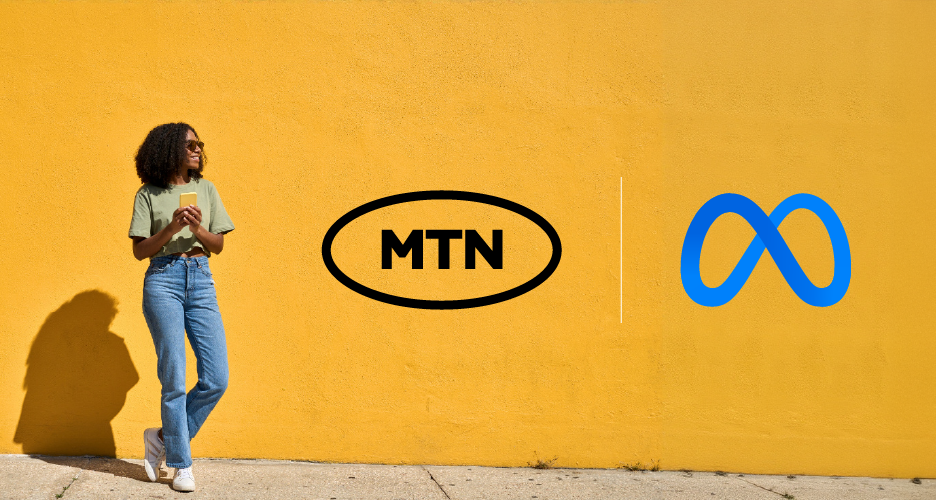
In a significant move to improve the user experience, MTN Group, Africa’s leading telecommunications service provider, has partnered with Meta to enhance the quality and reliability of voice and video calls on real-time calling applications such as WhatsApp across 12 MTN markets.
By optimising application-aware networks and network-aware applications, the initiative aims to deliver a more seamless, stable, and high-quality user experience. The collaboration aims to improve real-time calling experiences across 12 markets by pinpointing areas for enhancement and executing specific interventions.
Since MWC 2024, MTN and Meta teams have been collaborating to identify key areas for improvement and implement targeted network optimizations that enhance the interaction between mobile networks and real-time calling applications while maintaining efficient traffic delivery. By harnessing data analytics and conducting comprehensive testing, they have successfully created and deployed solutions that significantly enhance the quality of experience for mobile users.
The first market to implement these enhancements is Nigeria, where early results show notable improvements in key performance indicators (KPIs), including 50% improvement, leading to a better user experience for MTN Nigeria mobile users.
“This implementation further demonstrates our commitment to enhancing our customers’ digital experience. We’re pleased with the remarkable improvement in our real-time communication services, reflecting our commitment to innovative customer solutions,” said Yahaya Ibrahim, CTO at MTN Nigeria.
“The collaboration allows us to deploy advanced solutions for an unparalleled real-time experience in Nigeria and showcases our dedication to elevating service quality and improving user experience, while striving for continued efficiency in traffic delivery,” added Diego Marí, Head of Network Ecosystems Engineering at Meta.